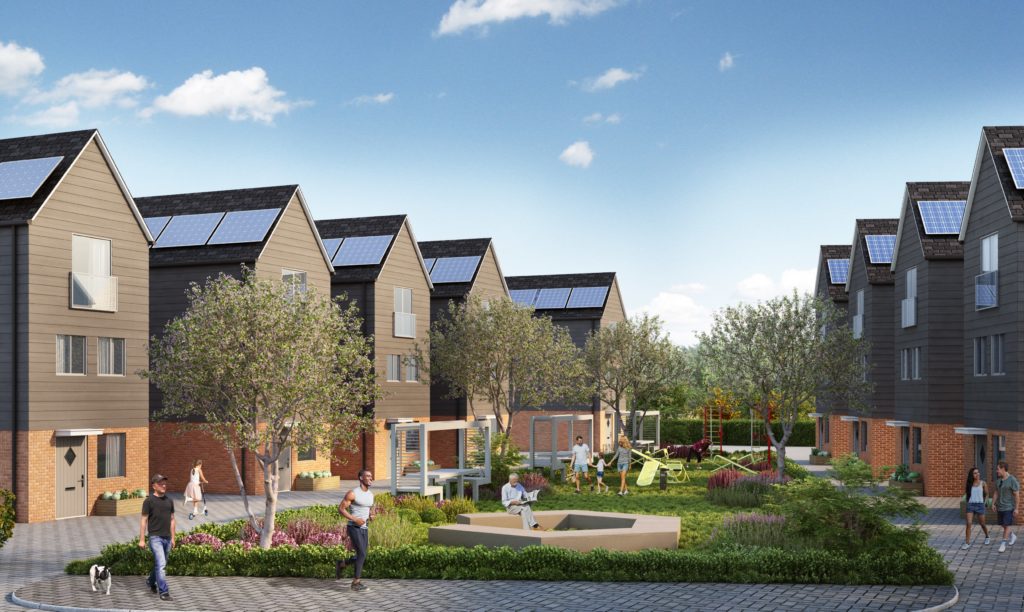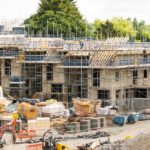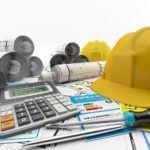Sector - Housing
How Covid is Accelerating Radical Change

Jeremy Wakeman is CEO of the Withers Business Division and a commercial real estate partner, in this latest piece he writes about how the Coronavirus Pandemic is radically changing the real estate market.
Covid-19 has proven to be the catalyst to accelerated, profound change in the way we live our lives and use our buildings.
We have recently prepared a new report which features insight from fifteen world-leading business and property experts, and highlights trends that point to an entirely new approach to the provision of real estate, with fresh opportunities for innovators and investors to develop novel models and services.
The experts we spoke to predict a radical shift in the way residential, commercial, and social buildings are designed and developed to meet our changing needs in the post-Covid world, with key considerations including more flexible spaces run by agile operators; a greater focus on locality; and a move from investing in property as an asset class to one where rental income generated by well-designed and flexible properties becomes the focus.
Flexibility will be at the heart of the development of all types of property…
Spaces that have historically been designed with a single purpose, or occupied by a single tenant, risk finding themselves no longer fit for purpose. The experts we spoke to believe that we want to be able to live, work, shop, socialise and workout in a singular multi-purpose environment.
Homes will no longer serve a purely domestic purpose, the office is going to become just one option among a range of workplaces, and experts predict that the hospitality industry may be best placed to fulfil the need for a flexible ‘third space’ outside of the home and office. These semi-social spaces – bars, cafes, restaurants, and hotels – look most likely to replace the social network that was previously built around the office.
More agile independent and smaller scale operators will adapt fastest…
The chains that have been so dominant and which to a degree rely on homogenisation of their offering may prove too cumbersome and will not be able to compete with the independent and smaller scale operators that can develop new products that are truly tailored to local needs.
The immediate locality of our homes will have to satisfy more …
The home-working revolution will change the homes we want to live in and build, as well as loosening constraints on where we will choose to live. Wherever people live, they will expect more amenities, variety, and infrastructure to be provided locally.
Suburbia offers potential returns for investors, but experts believe it will need to reinvent itself as a destination that people spend time in, rather than simply travel to or from. Ultimately this is about creating a sense of community where perhaps it had been lacking, for which you need the businesses, shops, services, and amenities that make community possible.
We can expect to see our communities transform…
More people are ‘choosing local’ and they are doing that out of a heightened sense of community spawned by spending more time around the areas where they live.
Some areas will benefit from their location and amenities and others face decline. This will open up the regions around cities and further afield, and will provide opportunities for developers, particularly those focused on sustainability and the environment, in the creation of new communities.
There is also a prevailing sense that new settlements will be characterised by mixed use, mixed tenure, and mixed community features. Developers will have to think harder about how to achieve this.
Developers have to deliver on sustainability and environmental promises as never before…
The developers of our new settlements will also have to embrace these themes and, consistent with the call for community and all that involves, new home buyers will also drive demand for sustainability in new homes and settlements.
We will see a shift from value in property, to value in income from property…
Placemaking is a buzzword that has come to define a lot of the debate around the future of real estate after the pandemic and is perhaps best characterised as the creation of a work or living space with a unique community which enhances quality of life. So far as investors or developers are concerned, it represents a shift from valuing property as a safe asset class to one which prioritises the value that well-designed properties can generate from rental income.
The days of huge capital growth in property, without a corresponding level of innovation or investment, may now be in the past. Investors are thinking much more about the places they are creating and placemaking becomes the means by which to make property investments a success because it attracts tenants and buyers and creates value in the wider area.
If you would like to read more like this, then please click here
Related Articles
More Housing Features
- Can we improve the design of an age-old method of heating?
21 Jul 25
There has been an especially significant rise in the popularity of underfloor heating in the last ten years.
- Why early MEP design collaboration holds the key to smarter buildings
24 Jun 25
Working closely is essential to ensure that all aspects of a building’s design contribute to its overall energy performance.
- Solar on all new homes must align with 1.5 million homes target
20 Jun 25
The Government have said that solar panels will be included in the FHS, leading to installation on the vast majority of new build homes.






